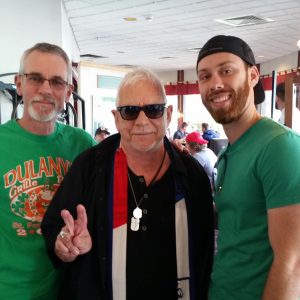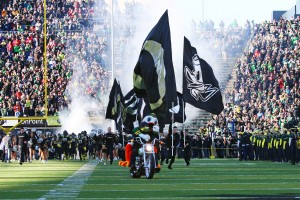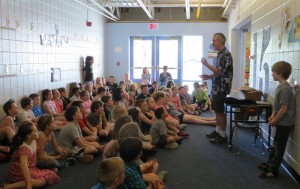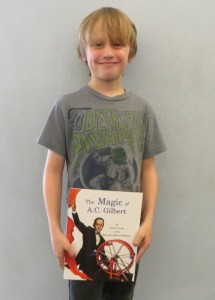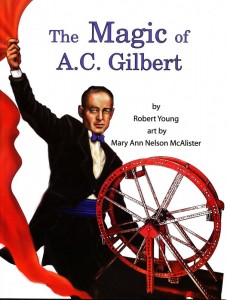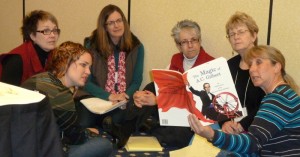I’m walking along an aisle in a Medford, Oregon restaurant. In front of me, a short, older man shuffles along. His short-cropped gray hair and elf-like ears look vaguely familiar, but I pay little notice. Until I get to my seat, that is, and turn around to see that I recognize the man. It’s Eric Burdon!
Eric Burdon, frontman for the Animals, originator of War, songwriter, Hall of Fame singer. Right over there. We had seen him perform the night before, at the Britt Festival. I was with Cameron, Ava’s son. In doing some work for the Festival, he had secured a couple tickets to the show and thought of me. Nice.
Cameron knew I had a history with Eric Burdon, but he didn’t know the extent. Ever since I heard “The House of the Rising Sun” in 1964, I’ve been a follower. “We Gotta Get Out of This Place”, “It’s My Life”, “Paint It Black.” These songs spoke to me, and the way he sang them—raw, gritty—made them even more meaningful. I’ll never forget listening to “Sky Pilot” playing continuously on the jukebox in our high school cafeteria. I was a senior, the Vietnam war was raging, and I was face-to-face with the draft.
Fast-forward thirty years. I was long out of high school, and college for that matter. I was teaching, and writing too. Eric was still making music, but he had undergone some changes as well. His bands changed multiple times, and he added different types of music—funk, jazz, psychedelic—to his repertoire. He continued to tour, but was performing in smaller venues.
In 1998, when I heard he was going to play in a club near me, I called the local paper and asked if they would be doing an article about Eric and his band. They said no. When I offered to write one, they agreed.
I contacted Eric’s publicist and arranged for a phone interview. Most of the interviews I’d done previously had been in person so I was a little concerned about the phone part. What if the connection was bad? What if I didn’t set up the tape recorder correctly? More importantly, though, was what if he was evasive, patronizing, or worse—unresponsive? Simply put, what if he was a jerk?
My concerns were totally unfounded. The technical parts went smoothly. The personal part was even better. He was amiable and patient. He was gracious. We spoke for about a half hour. No rush or hurry. I asked all the questions I had planned, and threw a few more in along the way.
He talked about how a teacher had caught him drawing during class and, instead of reprimanding Eric, had helped him get into art school, which opened up a new world for him. He spoke about how he had been a “gun fanatic” when he moved to the U.S. and how living here had showed him “…what an unbelievably stupid game it is.” He admitted he was not a very good grandfather.
I enjoyed talking to Eric so much that I requested a follow-up interview when he came to town. There was no real reason to do that as my article had already been written and printed in the newspaper. I just wanted to have another conversation. Obviously, I didn’t share that information when I spoke to the publicist. She set up an interview on the day of the show.
I arrived early at the venue, when the band was doing their sound check. Eric was not there yet; he was back at the motel doing his laundry according to the bass player, Dave Meros. I hung around, watched and listened. It wasn’t long before Eric showed. Short and solid as a fireplug, he wore large sunglasses, an over-sized t-shirt, shorts, tube socks, and sneakers. Holding a classic gym bag by the handles, he could have easily been mistaken for a veteran P.E. teacher.
We talked in a back room, with a large table in the center that held snacks and drinks. Eric and I took up the seats at a corner of the table. The rest of the band filled the remaining seats. While Eric and I talked about his music, his plans, and world events, the other musicians ate, drank, joked, and laughed. Drummer Aynsley Dunbar tapped out rhythms on the table.
That was eighteen years ago. Eric Burdon was 57 years old then. Now he’s 75 and I’m standing in a Medford restaurant asking him if he’d take a picture with Cameron and I. Of course he agrees. I don’t mention the interviews long ago, just tell him I enjoyed the show last night and look forward to seeing him again. He smiles and walks off. Slowly.
